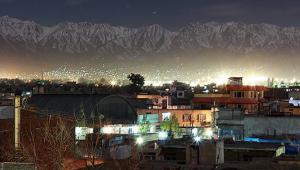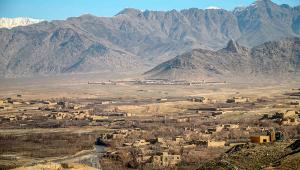Afghanistan has a three-year extended credit facility (ECF) arrangement with the IMF, which mandates the introduction of fiscal and financial reforms, and anti-corruption measures. These are among other reforms aimed at encouraging greater private sector development and more inclusive growth.
In the first review of the programme, held in Dubai between 23 February and 4 March, an IMF staff team and Afghani authorities reached an agreement. Once this gains the approval of IMF management and the executive board, a further $6.1m will be unlocked to assist the country.
In a statement, IMF team leader Christoph Duenwald said performance against the ECF’s reform objectives had been satisfactory and he commended authorities for prudent macroeconomic management.
“Afghanistan continues to face daunting challenges, with the perilous security situation hurting confidence and growth, while an influx of returning Afghan refugees from neighbouring countries is compounding these challenges,” he said.
“However, as demonstrated by the successful Brussels and Warsaw meetings last year, the international community continues to stand by Afghanistan providing it with much needed development, security, and technical assistance support.”
Economic growth in Afghanistan is set to reach 3% this year, up from 2% in 2016, largely because of favourable agricultural output. Inflation is expected to pick up to 6%.






